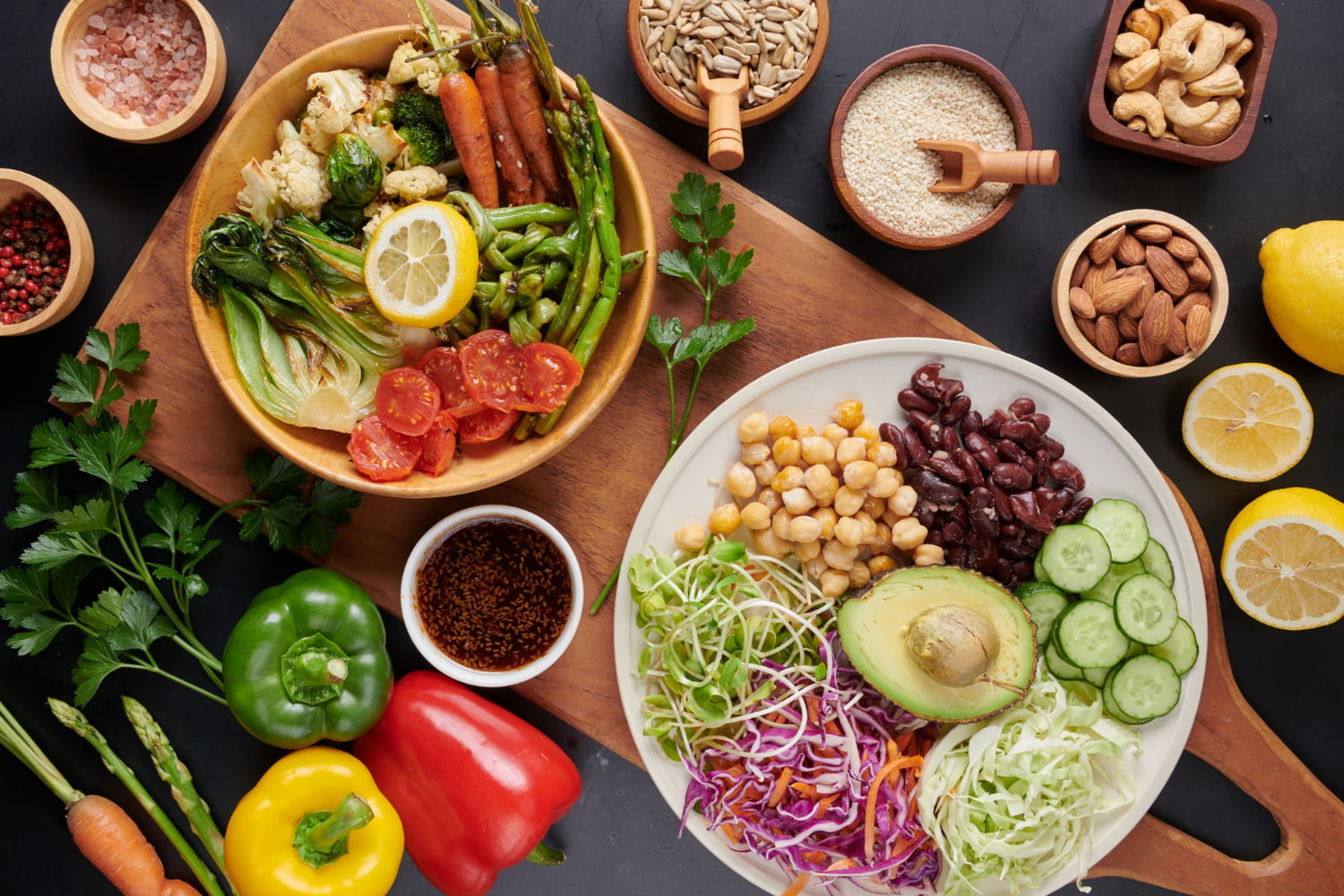Table of Contents
Introduction
Vegan diet myths often create confusion and skepticism about the viability of plant-based eating. Many individuals are uncertain whether a vegan diet can truly meet their nutritional needs while promoting overall health. As more people explore plant-based options, it’s essential to address these misconceptions. By clarifying the facts surrounding the vegan diet, we can empower individuals to make informed dietary choices that align with their health goals.
In recent years, the vegan diet has gained popularity for its ethical, environmental, and health benefits. However, many people still question whether a vegan diet can provide all the essential nutrients our bodies need. This post will debunk common vegan diet myths and present facts showing that a well-planned vegan diet can be nutritionally adequate for people of all ages.
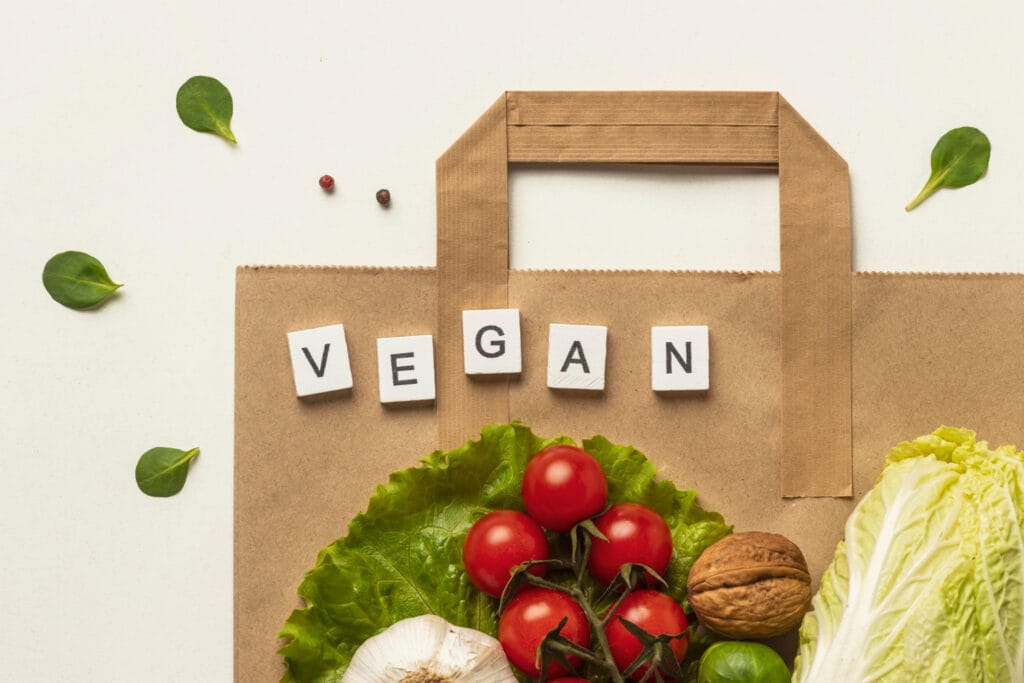
Understanding Nutritional Needs on a Vegan Diet
Before diving into the myths surrounding veganism, it’s important to understand the fundamental nutritional needs that everyone, including those on a vegan diet, should meet. A balanced diet should provide adequate calories, proteins, fats, vitamins, and minerals to support overall health. While vegan diets can offer these nutrients, it requires thoughtful planning. Understanding what your body needs and the best plant-based sources for these nutrients will empower you to make informed choices. By focusing on whole foods and incorporating a variety of fruits, vegetables, grains, and legumes, you can effectively meet your nutritional needs while enjoying the benefits of a vegan lifestyle.
Myth 1: Vegans Don’t Get Enough Protein
Fact: One of the biggest misconceptions about vegan diets is that they lack sufficient protein. In reality, there are many plant-based sources of protein that can meet your daily needs. Foods like lentils, chickpeas, quinoa, tofu, tempeh, and edamame are excellent sources of protein. Combining different plant proteins throughout the day, such as beans with rice, ensures you get all essential amino acids.
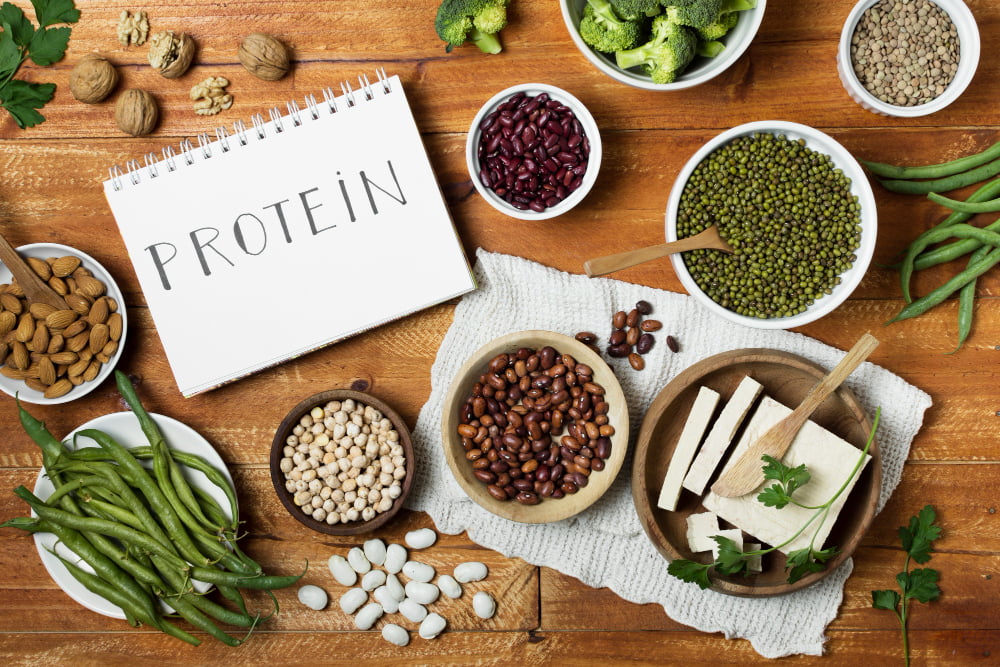
Myth 2: Vegan Diets Are Low in Calcium
Fact: Calcium is crucial for strong bones and teeth, and many worry that a vegan diet might fall short. However, there are plenty of plant-based sources of calcium. Almonds, chia seeds, fortified plant milks (such as almond or soy milk), and leafy green vegetables like kale and bok choy are great sources. Many plant-based milks and cereals are also fortified with calcium, making it easy to meet your daily requirements.

Myth 3: Iron Absorption is Poor on a Vegan Diet
Fact: While it’s true that plant-based iron is not absorbed as efficiently as the iron from animal products, it’s not a deal-breaker. Foods like lentils, beans, tofu, quinoa, and fortified cereals are rich in iron. Pairing these foods with vitamin C-rich foods like oranges, strawberries, or bell peppers can significantly enhance iron absorption.

Myth 4: Vegan Diets Lack Vitamin B12
Fact: Vitamin B12 is essential for nerve function and the production of red blood cells. It’s true that B12 is primarily found in animal products, but vegans can still get enough B12 through fortified foods and supplements. Many plant-based milks, cereals, and nutritional yeast are fortified with B12. Regularly consuming these fortified products or taking a B12 supplement can help maintain adequate levels.
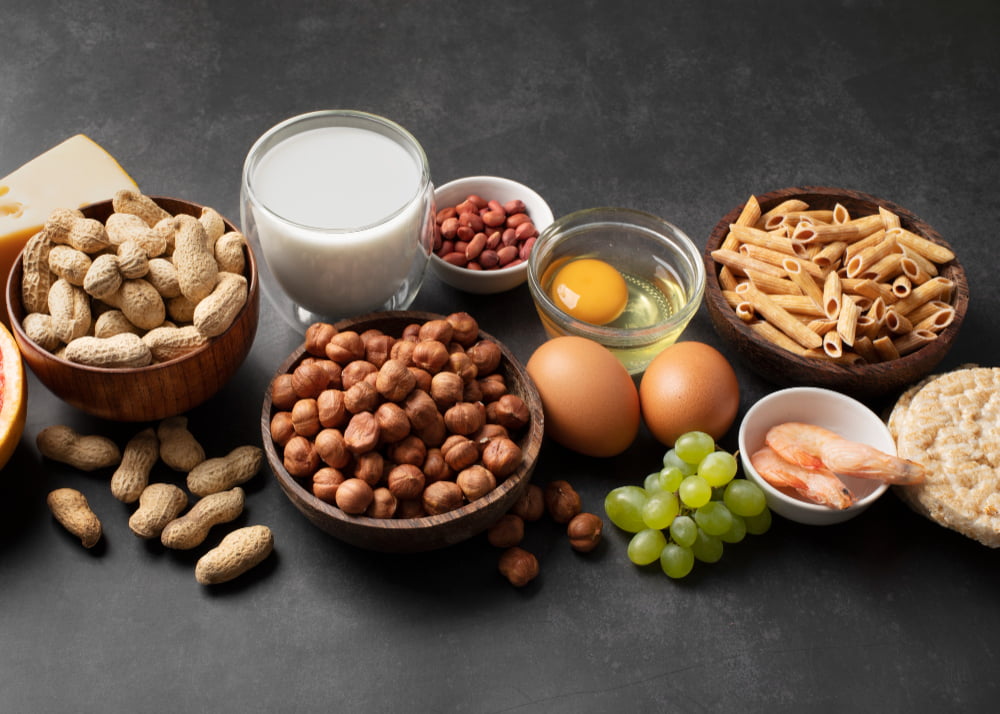
Myth 5: Omega-3 Fatty Acids Are Hard to Get on a Vegan Diet
Fact: Omega-3 fatty acids are important for heart health, and while they are commonly found in fish, plant-based sources of omega-3s are also available. Flaxseeds, chia seeds, hemp seeds, and walnuts are excellent sources of alpha-linolenic acid (ALA), a type of omega-3 fatty acid. Algal oil supplements are another vegan-friendly option that provides DHA and EPA, types of omega-3s found in fish.

Myth 6: Vegan Diets Are Too Restrictive and Not Balanced
Fact: A vegan diet can be incredibly diverse and balanced if planned properly. It’s important to include a variety of fruits, vegetables, grains, legumes, nuts, and seeds to ensure you’re getting a broad spectrum of nutrients. Eating a range of these foods helps cover all your nutritional bases and can contribute to overall health and well-being.
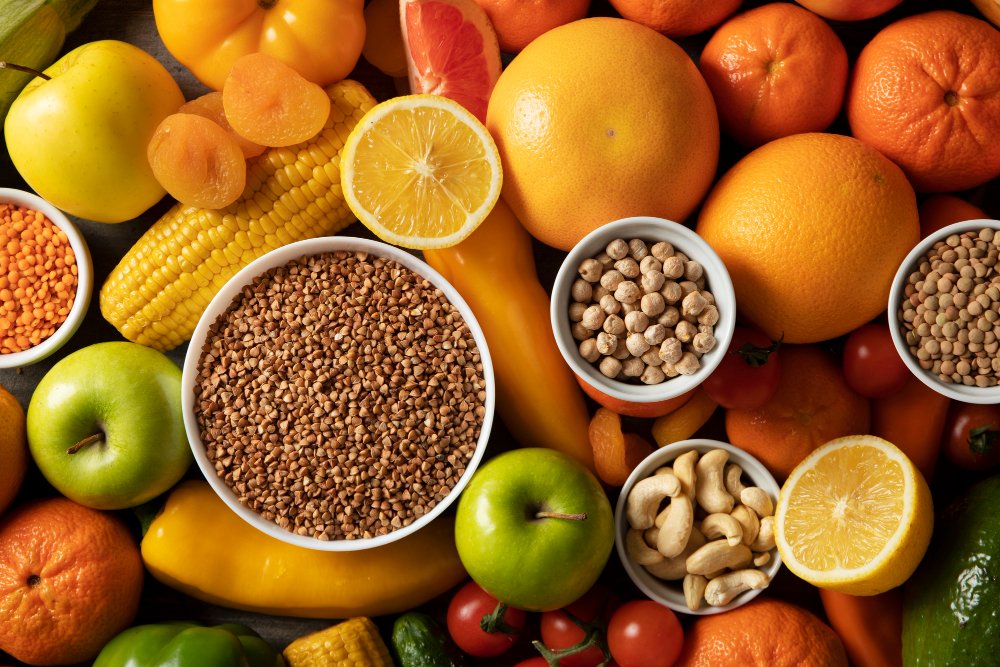
Myth 7: Vegan Diets Are Not Suitable for Children or Athletes
Fact: Vegan diets can be suitable for children and athletes, provided they are well-planned. For children, it’s crucial to ensure they receive adequate calories and nutrients to support growth and development. For athletes, a vegan diet can provide ample energy and protein to support training and recovery. Many professional athletes thrive on plant-based diets, demonstrating that with proper planning, veganism can support an active lifestyle.

Tips for a Nutritionally Adequate Vegan Diet
- Plan Your Meals: Ensure you include a variety of foods to cover all nutrient needs.
- Check Fortified Foods: Look for products fortified with vitamin B12, calcium, and sometimes vitamin D.
- Include Healthy Fats: Incorporate sources of omega-3s and other healthy fats like avocados and nuts.
- Watch Your Iron Intake: Combine iron-rich foods with vitamin C to improve absorption.
- Consult a Professional: If you have concerns about your diet, consider consulting a dietitian or nutritionist.
Conclusion
The vegan diet can be a nutritionally adequate and healthy choice when properly planned. By debunking these common vegan diet myths and focusing on a variety of nutrient-dense plant foods, you can enjoy all the benefits of vegan eating without compromising your nutritional needs. Whether you’re new to veganism or have been following a plant-based diet for years, understanding these facts can help you maintain a balanced and healthy lifestyle.
Watch the video to debunk common vegan diet myths and see how a well-planned vegan diet can meet all your nutritional needs. Gain expert insights and practical tips for a balanced plant-based lifestyle!
FAQs
Can vegans get enough protein without animal products?
Yes, vegans can meet their protein needs through plant-based sources such as lentils, chickpeas, quinoa, tofu, and tempeh.
How can vegans ensure they get enough calcium?
Vegans can obtain sufficient calcium from sources like almonds, chia seeds, fortified plant milks, and leafy greens.
Is iron absorption a problem for vegans?
While plant-based iron is less easily absorbed, pairing iron-rich foods with vitamin C sources can significantly enhance absorption.
How do vegans get vitamin B12?
Vitamin B12 is primarily found in animal products, but vegans can obtain it from fortified foods and supplements.
Are omega-3 fatty acids hard to get on a vegan diet?
No, vegans can get omega-3s from plant sources like flaxseeds, chia seeds, hemp seeds, and walnuts, or through algal oil supplements.

